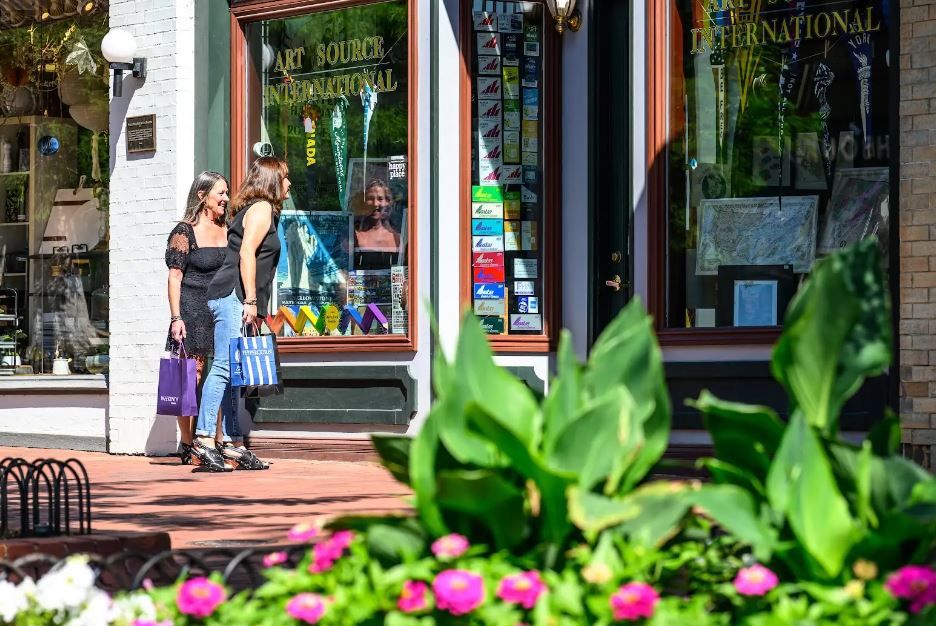Government & COVID-19: Superior leaders expect minimal sales-tax disruption from coronavirus
About this series: BizWest is investigating the effect of the COVID-19 pandemic and resulting economic stress on municipal, county and state governments, including furloughs, layoffs and budgetary deficits. Articles will be published daily on various jurisdictions.
Editor’s note: As a public service, BizWest is making all of its coverage of the COVID-19 virus free to read. Please consider subscribing to BizWest to support our efforts to keep you informed on Northern Colorado and the Boulder Valley’s top business news.
SUPERIOR — Unlike some of the larger municipalities in the Boulder Valley and Northern Colorado region, Superior has yet to have to — knock on wood — furlough employees during the COVID-19 outbreak, nor are town finance leaders bracing for a devastating impact on sales-tax receipts or the 2020 budget.
SPONSORED CONTENT
Most of the major sales-tax-generating stores in Superior are grocery stores and superstores that were not subject to Colorado’s statewide business closure order. Sales at these businesses, dubbed “non-discretionary” by Superior finance staff, tend not to suffer wild dips during times of uncertainty and can even see sales increase.
“That makes me feel a little better,” Superior finance director Paul Nilles said, “even though there is still some hit [to sales-tax totals] that we’re anticipating.”
Superior has budgeted just more than $11 million for tax revenue for 2020. In January and February, the town brought in roughly $850,000 per month.
“On a percent basis, that’s actually pretty strong compared to last year; up about 10%” Nilles said. “But obviously we’re anticipating those numbers to go down” as March and April data becomes available.
Because tax revenue in Superior is collected on behalf of the town by the state, financial reporting lags at least a month behind. Currently, the most-recent data was compiled in February.
“We’re not looking at a huge decrease as it relates to total retail” sales-tax revenue, “but obviously at our restaurants, like everywhere, there’s going to be dramatic decreases.”
But unlike cities such as Boulder and Fort Collins that have bustling dining and entertainment districts, restaurants sales account for only about 4% of Superior’s total receipts.
All told, Nilles expects revenues to dip in the coming months, but only by a few percent at most. He expects the current economic situation to be “somewhat analogous to 2008 where we dropped about 5%.”
Superior has an $8 million reserve fund that could pay for about 75% of the town’s annual operations should the reduction in tax income turn out to be steeper than anticipated.
© 2020 BizWest Media LLC
About this series: BizWest is investigating the effect of the COVID-19 pandemic and resulting economic stress on municipal, county and state governments, including furloughs, layoffs and budgetary deficits. Articles will be published daily on various jurisdictions.
Editor’s note: As a public service, BizWest is making all of its coverage of the COVID-19 virus free to read. Please consider subscribing to BizWest to support our efforts to keep you informed on Northern Colorado and the Boulder Valley’s top business news.
SUPERIOR — Unlike some of the larger municipalities in the Boulder Valley and Northern…





